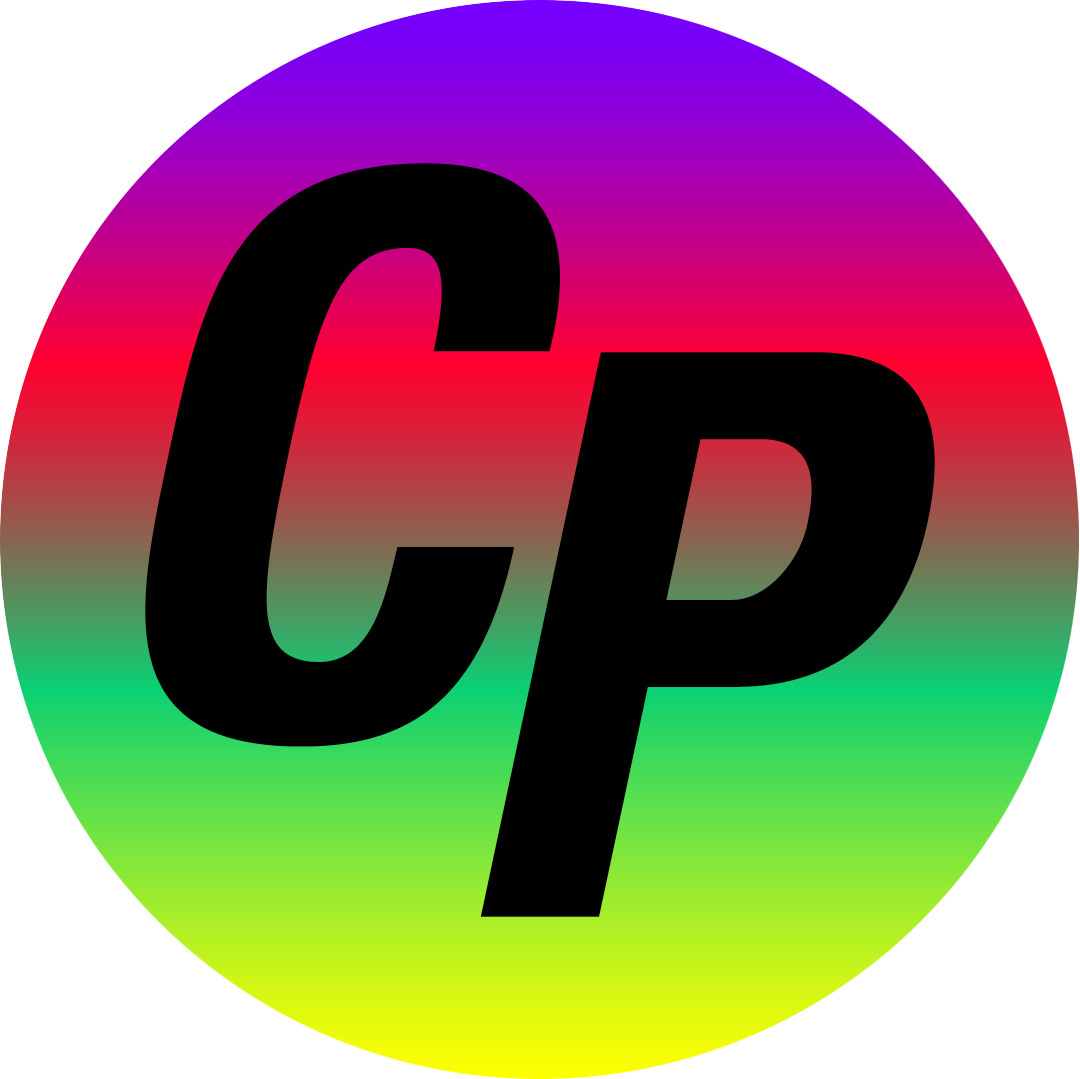Over the course of several months, this series will examine “collective practice” as it relates to artistic creation, cultural organizing and social coexistence. Together with all participating players, we, a team of cultural producers, look forward to researching, discussing, understanding and practicing collectivity across four thematic explorations (#NARRATIVES / #KNOWLEDGES / #CARE / #RESISTANCE).
What can “collective practice” mean, and how can we better practice collectivity – both in artistic production as well as in social life? How can we gain a more collaborative approach to living and working? How can we create and sustainably organize spaces and structures for temporary and long-term communities? How can we experiment within the cultural-artistic realm to inspire community-oriented and equitable thought and action on a broader level?
The current pandemic situation has given a whole new dimension and relevance to the topic of collective practices. Originally conceived as an experiment to gain more experience in collective practices on different levels, the project is now caught up in a global scenario in which our interdependence is becoming more evident than perhaps ever before. COLLECTIVE PRACTICES was planned with the aim of focusing on issues of collective authorship and social narratives, practices of care and solidarity, and the organization of cultural production. At the same time, it is meant to unite people in their own interests to develop a common agency in the face of neoliberal and authoritarian structures, as well as a new approach to social and cultural life and work. With the outbreak of COVID-19, these practices have suddenly become essential to building a viable future together. It’s become immediately clear that every individual shares a responsibility with everyone else to #stayathome. In such a short amount of time, countless people around the world have formed initiatives to support those who are infected and otherwise severely affected by public health measures, whether from loss of income, sickness and isolation, lack of care or for whatever other reason.
Accordingly, we have restructured the COLLECTIVE PRACTICES program, originally slated to begin in April, to relate the topic to the urgency of the current moment. Rather than postponing the events indefinitely, we are rising to the occasion like so many others in Berlin and around the world. This includes taking the time to reflect on current issues, observing initiatives that engage in “collective practice”, finding additional participants, and reformatting the program so that it can begin online before any in-person events take place. What can we learn from the current situation concerning future social challenges? How do we want to – and need to – reorganize ourselves? Through all of this, we are working with the participating artists as they start parts of their projects on other planned topics online.
In the coming weeks/months, we would like to use the available resources to include and reward current artistic contributions, practical experiences and theoretical reflections on “collective practice”, especially in relation to the current situation. Feel free to contact us if you are working on something that might be relevant for, or connects to COLLECTIVE PRACTICES, or just want to start a dialogue about possible approaches, themes or practices: collective.practices@acudmachtneu.de.
This program is curated by Andrea Goetzke, Inga Seidler, Daniela Silvestrin and Juba and is made possible by support from Hauptstadtkulturfonds.
Explorations
The program is open-ended, with the topic divided into four clusters called “Explorations”, methodically experimenting with practices from within the spheres of physical/emotional, theoretical/discursive, practical/activist and utopian/imaginative.
Stories and histories have a potential to build community; they are utilized to describe, understand and explain life. How can narratives perceived as “normal” and “given” be traced back and changed? How can new/alternative narratives be developed?








